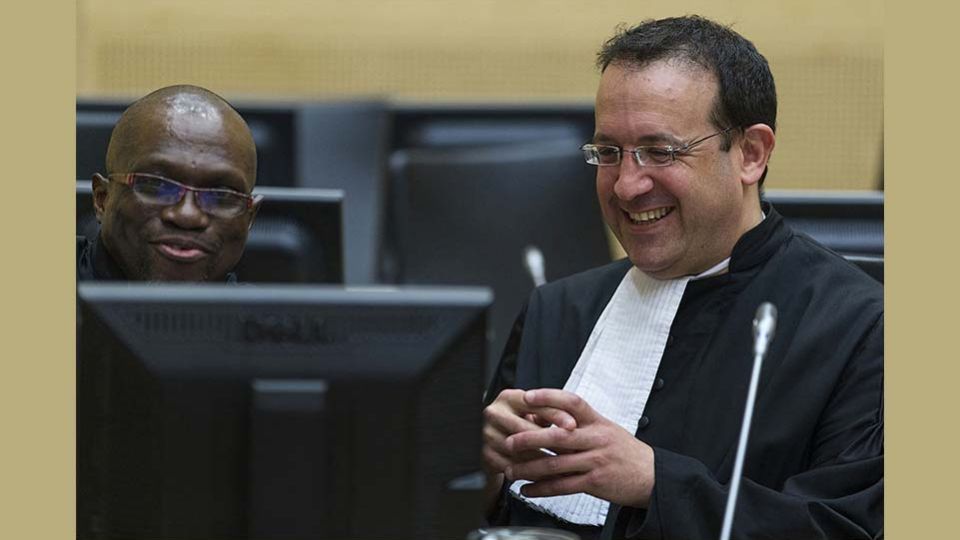April 1, 2025
MANILA – The argument of former President Rodrigo Duterte’s counsel was “rehashed” and had “little weight,” an International Criminal Court (ICC)-accredited lawyer told INQUIRER.net on Monday.
Atty. Joel Butuyan was reacting to Duterte’s lawyer Nicholas Kaufman, who expressed optimism that Duterte’s case before the ICC would not reach trial.
READ: Duterte’s lead lawyer: ‘Compelling’ grounds to throw ICC case out
Duterte, who is facing alleged crimes against humanity over the war on drugs under his administration, had his pretrial hearing on March 14.
The confirmation of charges is scheduled for September 23, and there will be no trial if the charges against him are not confirmed, according to the ICC.
Duterte was kidnapped?
In an interview with Agence France Presse, Kaufman said “there won’t be a confirmation-of-charges hearing if the judges rule in our favor.”
The British-Israeli lawyer argued that the ICC cannot exercise jurisdiction as the 80-year-old former president was “kidnapped,” echoing the sentiments of the Duterte camp.
“I view it as a kidnapping, nothing more or less. It’s an extrajudicial rendition. He was given no due process, just slung over to the Hague,” he said.
Butuyan dismissed Kaufman’s assertion that Duterte was “kidnapped.”
“With all due respect, Mr. Kaufman is not raising ‘compelling’ arguments, but rehashed arguments which have been found to have little weight,” he said.
Butuyan also said that Duterte’s arrest underwent a legal process.
“With respect to the allegation of kidnapping, it has little factual basis to make it a feasible legal argument,” he said.
“There was a validly issued warrant of arrest which was issued after more than seven years of preliminary examination and investigation, Mr. Duterte was read his Miranda rights in compliance with our constitution, and he even had the benefit of multiple lawyers while being arrested,” he added.
Jurisdiction
Kaufman also thinks “the jurisdictional argument is compelling.”
“We hope to persuade the judges pre-trial that it (the court) cannot exercise its jurisdiction over the case,” he added.
But Butuyan said the issue of “ICC’s alleged lack of jurisdiction … has been brushed aside by both the ICC and our own Supreme Court.”
“It is also an argument that will make a mockery of the Rome Statute because it leads to a preposterous interpretation of the ICC treaty,” he added.
In March 2018, Duterte declared the Philippines’ withdrawal from the Rome Statute, the treaty that established the ICC.
The withdrawal took effect a year after or in March 2019, so the ICC retained jurisdiction over alleged crimes against humanity in the Philippines between November 1, 2011 and March 16 2019, or based on the time when the country was still a member.
The Duterte administration’s war against illegal drugs claimed at least 6,000 lives, according to official government data.
However, human rights watchdogs and the ICC prosecutor estimated the death toll to be between 12,000 and 30,000 from 2016 to 2019. They said many of them underwent extrajudicial killings instead of undergoing due process.


